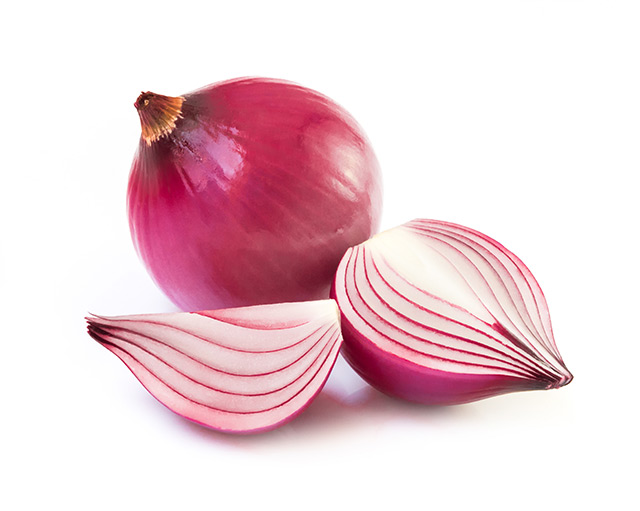Melatonin PROVEN to have anti-obesity effects
06/19/2018 / By RJ Jhonson

Melatonin has been getting a lot of attention as a natural sleeping aid, but researchers from several universities now reveal it can also help in limiting weight gain. In a study on rats, they proved that the long-term administration of melatonin could increase the body’s capability to use up calories and burn away unwanted pounds.
The researchers from the University of Granada, University Hospital La Paz, and the University of Texas conducted their study on a group of diabetic rats, to which they administered melatonin. They discovered two mechanisms that made melatonin effective in aiding weight loss.
First, melatonin increased the rats’ brown adipose tissue (BAT) mass. It is a kind of “good fat” which burns energy instead of storing it. The increase in BAT “browned” the harmful white visceral fat in the abdomen and converted it to beige fat which, like brown tissue, burns and does not store energy.
Second, melatonin boosted the levels of UCP1, the protein that jumpstarts the calorie-burning process. This enhanced the size and function of the mitochondria, the very powerhouse of the cells, thereby increasing the body’s capacity for thermogenesis or the process of converting calories into heat and usable energy.
Ahmad Agil Abdalla, a professor at the Department of Pharmacology of the University of Granada and the main author of the study, expressed surprise at the results. He explained that the rats lost weight whether or not diet and physical exertion were taken into account.
However, he admitted that outcomes might not be the same in humans. He did recommend employing melatonin treatment to complement a restricted diet plan and regular exercise.
He added that workout is ideally performed in cold environments as doing so enhanced thermogenesis. In turn, this helped increase the calories expended in the process.
The study’s findings cannot be timelier, with at least one every three Americans considered obese. Prof. Agil hopes for funding from both the public and private sectors to further investigate the viability of melatonin as a treatment for obesity.
The study was published in the Journal of Pineal Research.
Important sources of melatonin
Melatonin is a hormone that naturally occurs inside the human body. It is produced in the pineal gland, a small gland located near the center of the brain. Aside from its newly discovered weight loss benefits, melatonin is known for helping regulate the sleep cycle. (Related: Melatonin could help prevent growth of breast cancer tumors.)
The pineal gland remains inactive for most of the day, but with the fading of light becomes active and starts producing melatonin. This is why most people become sleepy as night arrives.
Increasing one’s melatonin intake can help address insomnia and other sleeping disorders, as well as improve the quality of sleep. Some of the best natural sources of melatonin are:
- Tart cherries – These small berries are not just chock full of antioxidants, they also help improve sleep. Tart cherries can be consumed as is or blended into highly nutritious juices and smoothies.
- Bananas – These fruits contain potassium and magnesium which help relax the body and mind. They are also rich in the amino acid L-tryptophan which is converted to serotonin and melatonin inside the brain.
- Oats – These grains contain carbohydrates that power the body, as well as fiber that help lower cholesterol. It also has vitamin B-3 and magnesium that help induce sleep and relax the body.
- Tomatoes – Like bananas and oats, tomatoes contain B-vitamins and muscle relaxant potassium. It is one of the best sources of vitamin C and antioxidants, so they do more than just help one sleep.
- Pineapples – This fruit contains plenty of anti-inflammatory bromelains. It also has antioxidants that make it effective as an immune-boosting food. Finally, it is filled with B-vitamins that help in the production of melatonin in the body.
Lose weight with melatonin and other natural treatments at Remedies.news.
Sources include:
Tagged Under: b vitamins, fighting obesity, goodnutrition, losing weight, melatonin, natural cures, natural remedies, obesity, pineal gland, sleeping aids, sources of melatonin, weight control




















